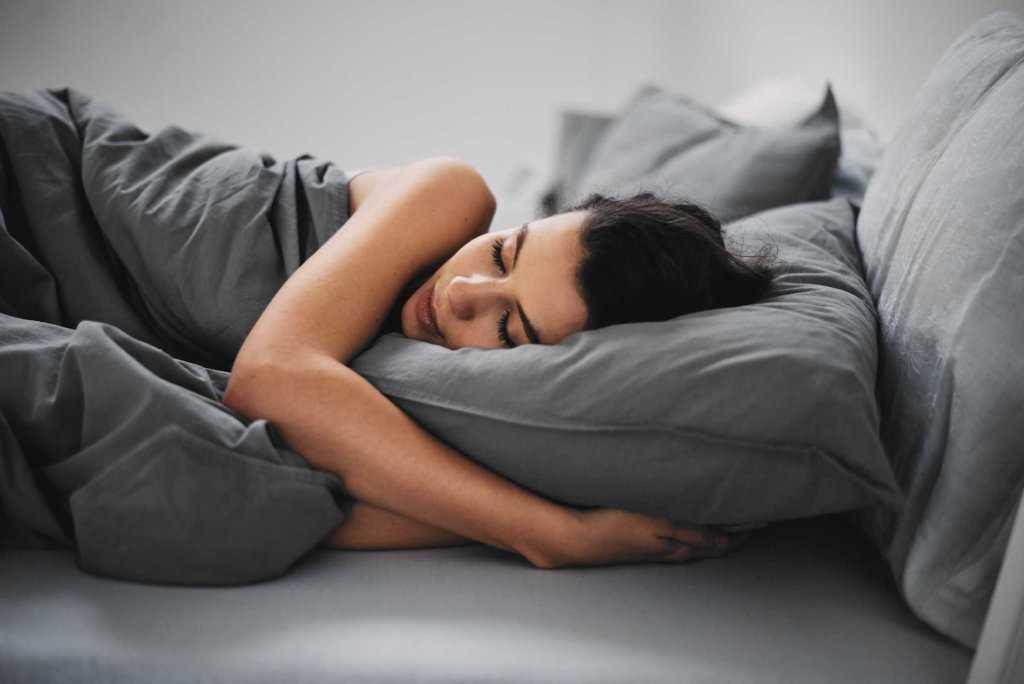When many diabetes patients walk into the doctor’s office with out-of-control blood sugar levels, doctors always ask them how they have been sleeping. Experts have found that uncontrollable blood sugars and lack of sleep go hand in hand.
Diabetes can lead to lack of sleep, and lack of sleep could increase the chances of people getting diabetes.
Connection Between Lack Of Sleep And Diabetes
Some studies have shown that lack of sleep could result in a pre-diabetic state. Diabetes occurs when your body does not produce adequate insulin or the cells do not use it properly.
According to experts, the body’s reaction to sleep deprivation is the same as that of insulin resistance, a situation that leads to diabetes. Insulin helps the body to use glucose to make energy. Insulin resistance reduces how efficiently cells use insulin, which results in high blood sugar.
Another reason why low sleep is connected to diabetes is that people who don’t get enough sleep end up feeling tired and with low energy levels. That causes them to eat more to try and get their energy levels high.
In that process, they could end up eating a lot of sugar or other foods that raise blood sugar levels. Lack of sleep also causes people to crave sugary foods in the middle of the night. Those habits could result in overweight or obesity, which are risk factors for diabetes.
Why Sleep Is Important
Sleep helps the mind and body relax, which is essential for people with diabetes. If diabetic people do not get enough sleep, they end up feeling fatigued and with low energy levels. The more fatigued they are, the more their body functions, which could end up causing insulin deficiencies.
Helpful Tips For Getting A Good Night’s Sleep
Get comfortable bedding and pajamas
Get a mattress and pillow that supports your body and ensure your blankets are warm enough. You can try getting a pillow top mattress from a brand like Naturepedic, which gives you maximum comfort and support.
You should also wear loose and warm clothing before going to bed.
Have a sleep routine
Always sleep and wake up at the same time, and avoid napping during the day. There are some great smartwatches today that actually track and monitor your sleep – see superwatches.com.
Remove distractions
Remove electronics like computers, phones, and televisions from your room. Keep the noises low and also remove your pets.
Make your room comfortable
Ensure that the room is not too hot, cold, or stuffy. You should also reduce the light in the room to help you fall asleep faster.
Relax
Try techniques like deep breathing, yoga, reading a book, or relaxing music. You should also finish your chores an hour before sleeping.
Don’t eat too much before bed
Experts advise that you eat at least two hours before bed. You should also not drink alcohol or caffeine before bed.
Check your blood sugar levels before sleeping
Checking your blood sugar levels before bed helps you know if you need to take any precautions to avoid waking up later. Try some snacks to keep your blood sugar levels balanced. For better diabetes management, try getting diabetes resources from reputable brands like Tandem Diabetes Care.
Anytime you visit your doctor, ensure that you mention if you have any trouble with your sleep, especially if you have tried all the tips. That helps them to develop a better solution for your sleep and diabetes.

